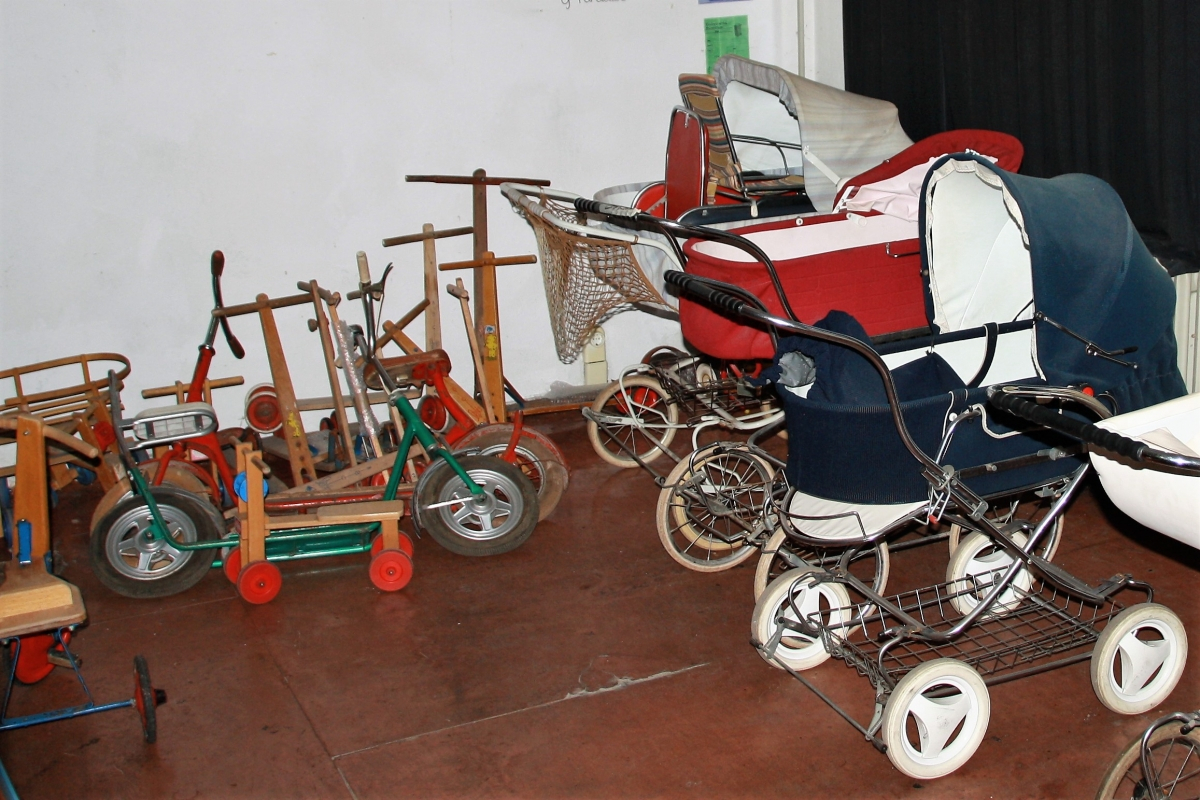Anna Katharina Laschke
Associated PhD project (until April 2024), part of the project "The Collection of the Centre for the Documentation of Every Day Life in the GDR – A Source for Historical Research".
Funded by the VolkswagenStiftung as a part of ‘Forschung in Museen’
The family as the ‘kleinste Zelle der Gesellschaft’ (smallest block in society) was of great importance for politics in the GDR: from the reproduction of offspring to forms of socialisation, including essential parenting and educating. In addition, families had a fundamental economic function: the physical existence had to be secured, material needs had to be satisfied. Families as a ‘gesellschaftlicher Konsument’ (social consumer) thereby unified production (work) and consumption (purchase of things). Socio-political arrangements of the early 1970s were planned to relieve families and extend the capacities of families for consumption, and provided a change of material equipment within the families’ everyday world.
Contrary to the progandised models of the socialist family, the socialist way of life and a specific range of available goods, the reality of GDR families and their material worlds were much more varied: things weren’t only consumed, inherited, found, scrapped or recylced, but also became significant markers of each specific ensemble of objects.
Based on artefacts from the Documentation Centre for Everyday Culture in the DDR, Eisenhüttenstadt, these family worlds of objects are reconstructed and analysed, and the questions are posed as to how things were involved in different ‘Lebensstile’ (lifestyles) and ‘Lebensweisen’ (ways of life) and how their validity can be used for socio-historical issues.

